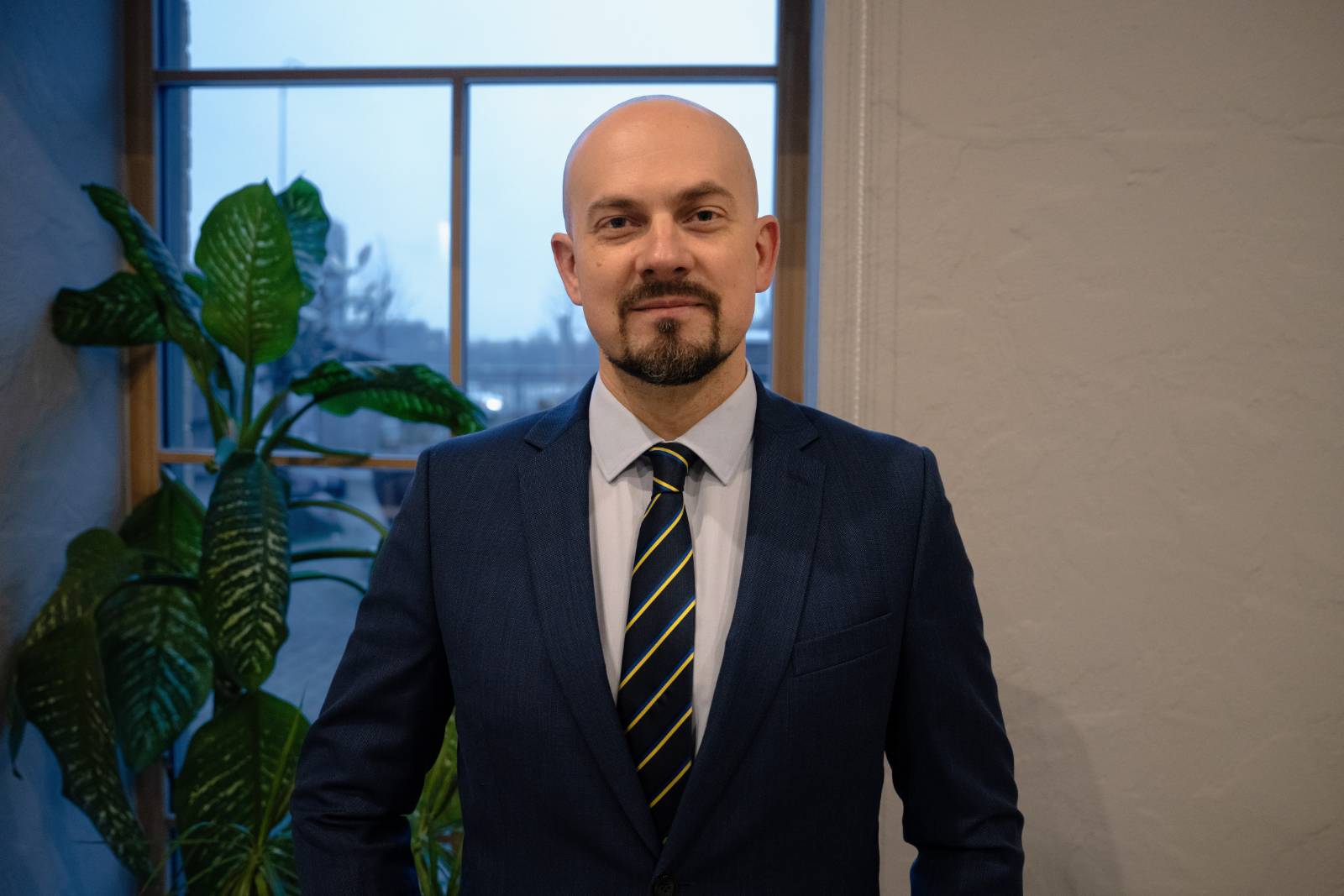13.12.2024
15 minutes on the availability of medicines and health services

Foto: Pexels
The think tank “Resilience of Health Care Systems” works from various professional perspectives – university lecturers to officials from various ministries. One of the organizers is Kristīne Jučkoviča, Executive Director of the Pharmaceutical Care Association. She talks to Dr. Apinis, head physician at talk show “Dr. Apinis”, about the availability of medicines and health services.
The aim of the think tank “Resilience of Healthcare Systems” is to ensure the sustainability and resilience of a people-centered, comprehensive and integrated health care system, while strengthening the resilience and responsiveness of the health care and pharmaceutical sectors. The think tank was founded by nine influential figures from the health care, defense, and education sectors.
The think tank studies access to health care and medicines. The founders are a group of like-minded people who, by bringing together high-caliber professionals, see opportunities to offer solutions to problems that are foreseeable but have not yet been included in the policy agenda or have been included too late.
The availability of medicines is currently a concern throughout Europe as it monitors Russia’s military activities. A concerned Europe is thinking about itself, about the availability of medicines in each of its countries. The availability of medicines is not only financial, but also physical. If medicines are not physically available, then they are neither cheap nor expensive.
Large pharmaceutical companies are currently considering what to do – leave the Baltic medicine market or raise prices across all Baltic countries. Pharmaceutical companies point out that Latvian legislation and regulations do not comply with European Union standards.
Kristīne Jučkoviča advises every resident to think about the medicines they need and to buy small reserves.
From January 1, there will be new markups on medicines in Latvian pharmacies, and all pharmacy employees will spend New Year’s Eve in pharmacies repricing medicines. The markups will vary. However, it is clear that the medicines that are currently the cheapest will not be cheaper than the 15-20 percent reduction promised by the ministry. All cheap medicines will become more expensive.
Ministry officials believe that this is not a reform of medicine prices, but a reform of medicine markups.
The levy that each patient will have to pay for prescriptions from January 1 will create complexity and some uncertainty.
The Competition Council has publicly expressed interest in whether it would be possible to sell medicines in shops and petrol stations. It would be dangerous if medicines were dispensed by a cashier at a Maxima supermarket rather than a pharmacist. It would be equally dangerous to dispense medicines without wholesalers or pharmaceutical supply companies, which ensure the safety of the medicine supply chain and precise logistics.



